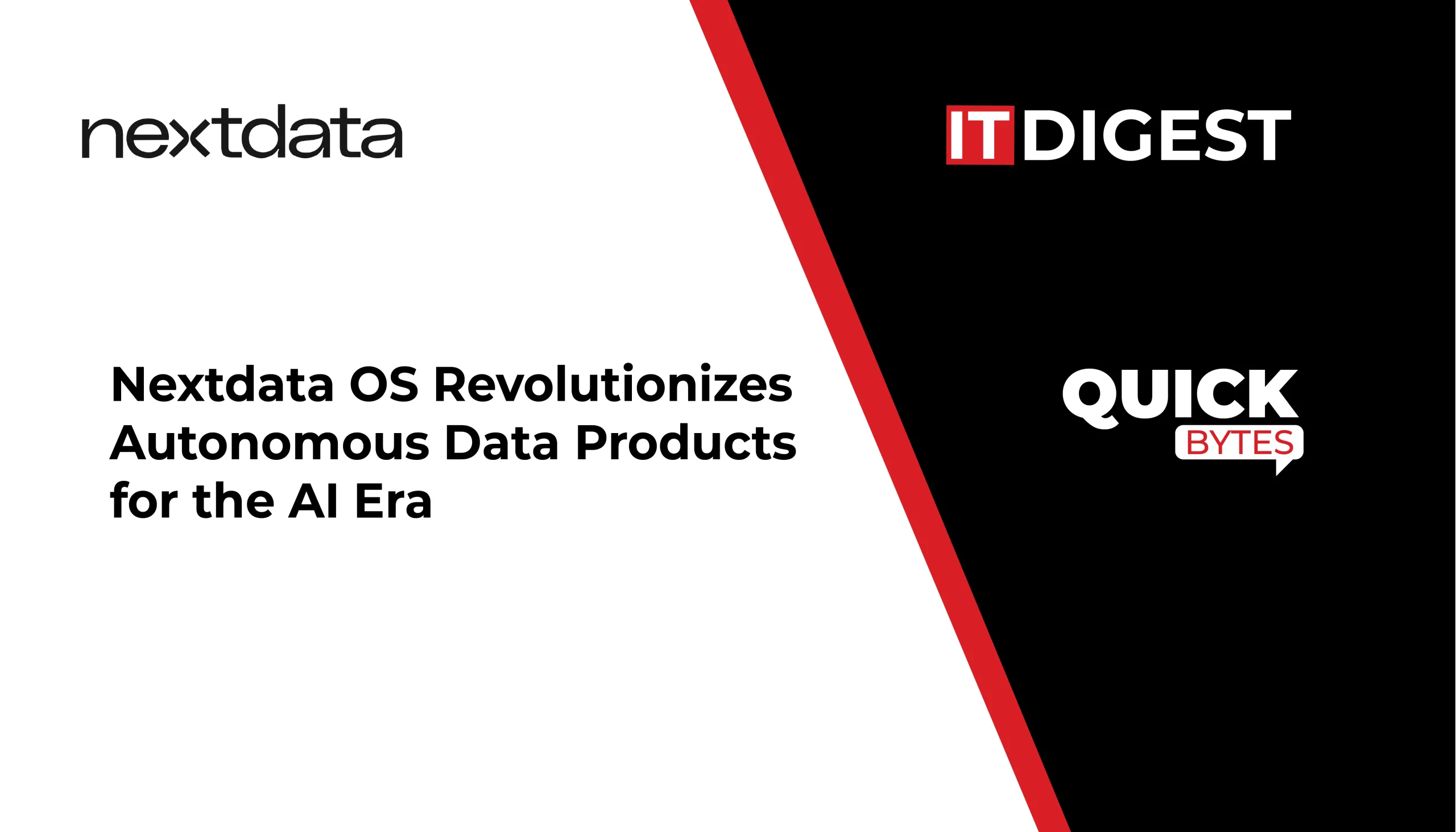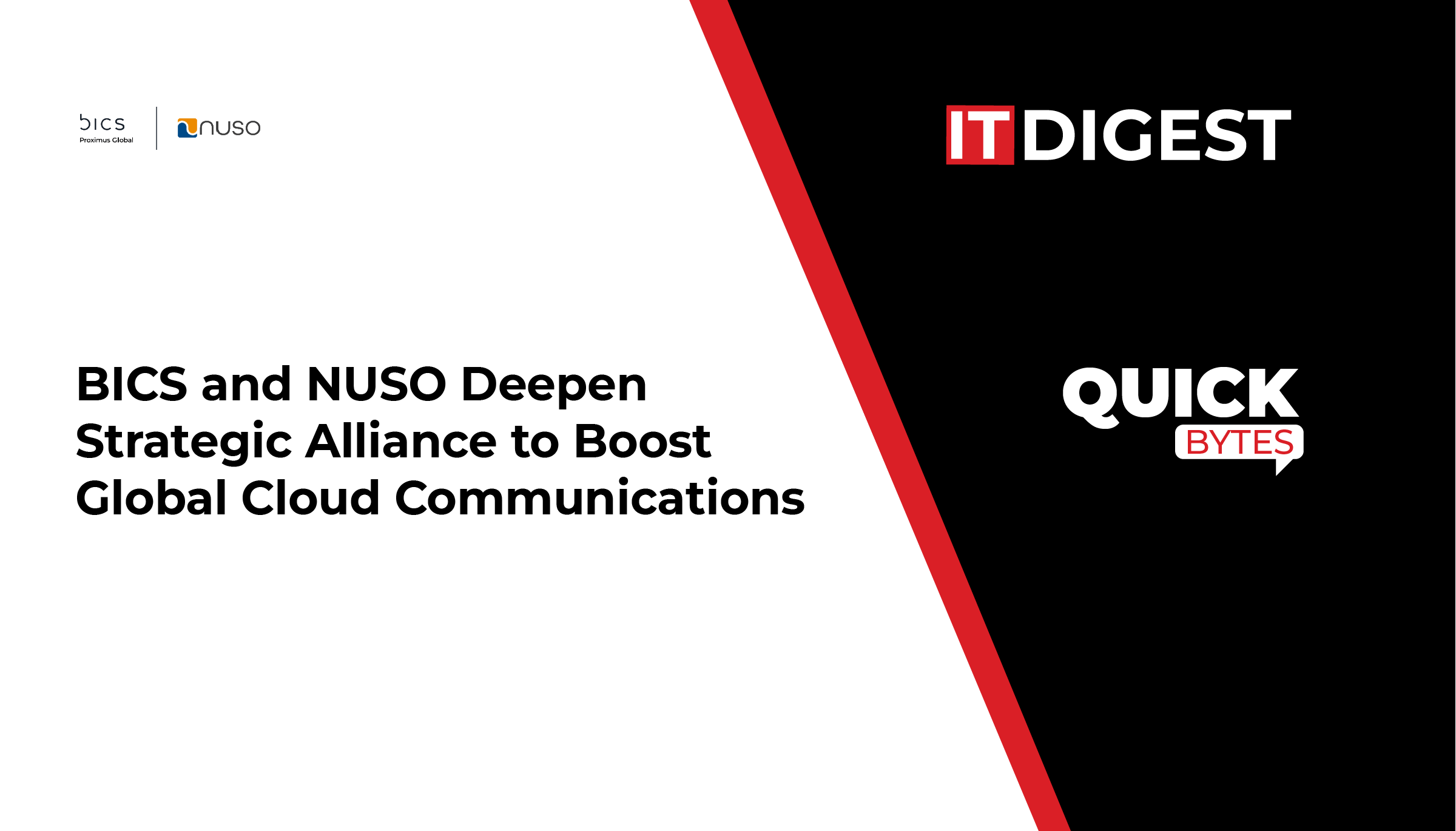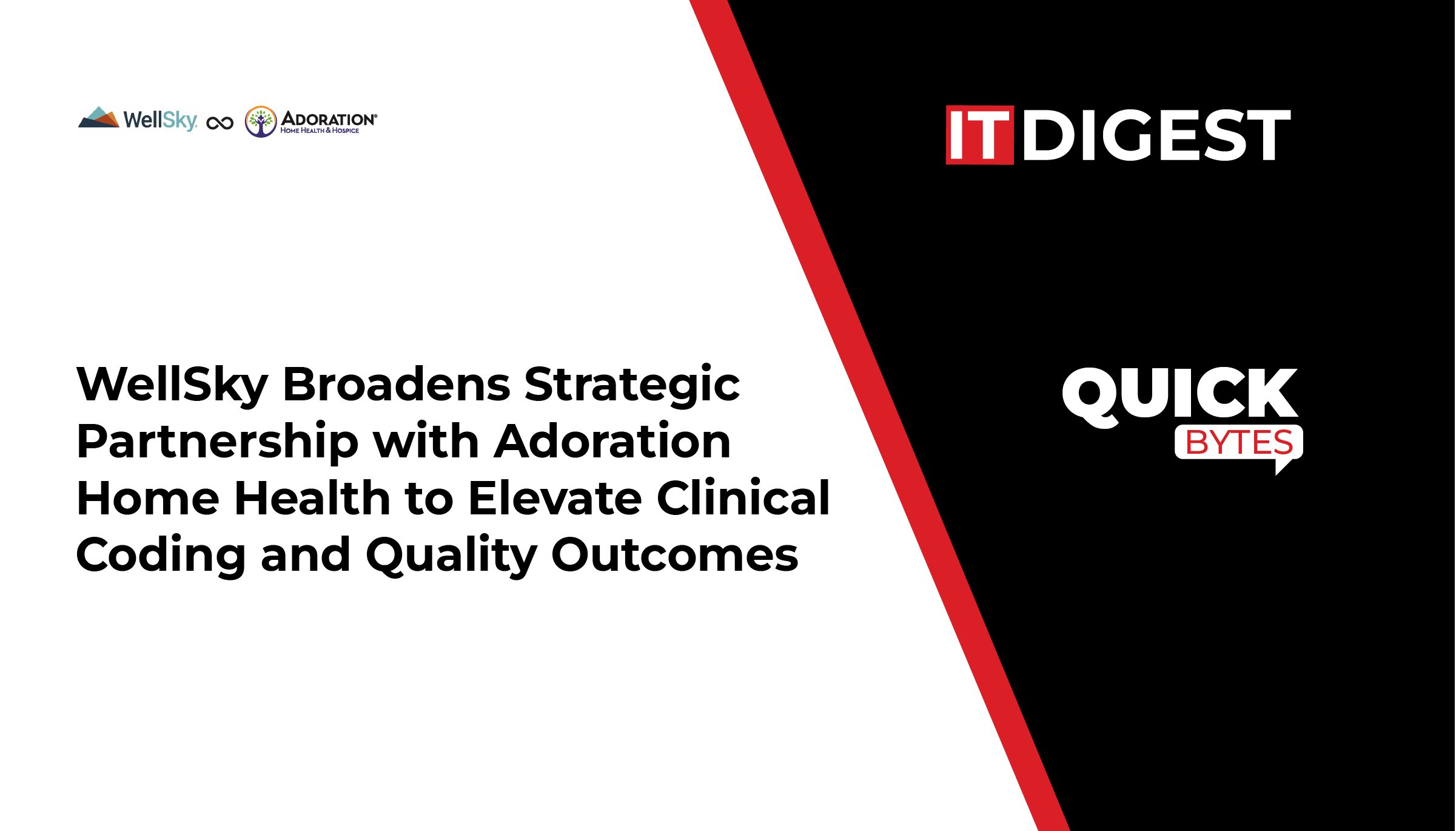Nextdata has unveiled a significant update to Nextdata OS, positioning it as the leading operating system for autonomous data products in the AI-driven landscape. This enhancement introduces Data 3.0, a paradigm shift from traditional data management approaches. Unlike the previous Data 2.0 model, which relied on centralized lakehouses and static pipelines, Data 3.0 emphasizes autonomous, semantic-first data products that self-orchestrate and unify structured and unstructured data sources. These products enforce continuous governance as code and serve multiple modes of use, including MCP for agents, vectors for retrieval-augmented generation (RAG), and tables and files for analytics. As a result, the time from data acquisition to actionable insights is reduced from months to minutes, enabling enterprises to safely expose mission-critical data to both humans and AI agents without the need for complex replatforming.
Also Read: Oracle Unveils Next-Generation Oracle Cloud Infrastructure Zettascale10 Cluster for AI
Key enhancements in this release include unified multimodal data support, allowing data products to output as tables, vector embeddings, files, or MCP endpoints without additional pipelines; seamless agentic data access through MCP discovery APIs, enabling AI agents to dynamically find and consume domain-specific data with rich, real-time metadata; and a 50× faster data product creation process, where the co-pilot generates autonomous data products from simple prompts using Nexty AI or any large language model (LLM). Zhamak Dehghani, Founder and CEO of Nextdata, emphasized the urgency of this transformation, stating, “In the age of AI, enterprises can’t afford business-as-usual data management with months-long delays before data delivers value.” The latest version of Nextdata OS is available immediately, and a virtual launch event is scheduled for October 30, 2025, to demonstrate these new features.

































